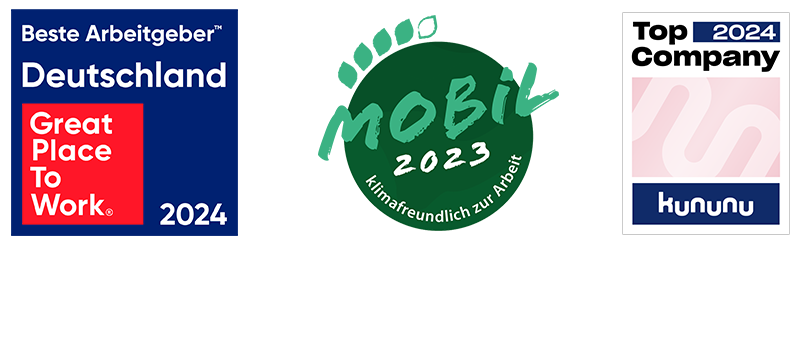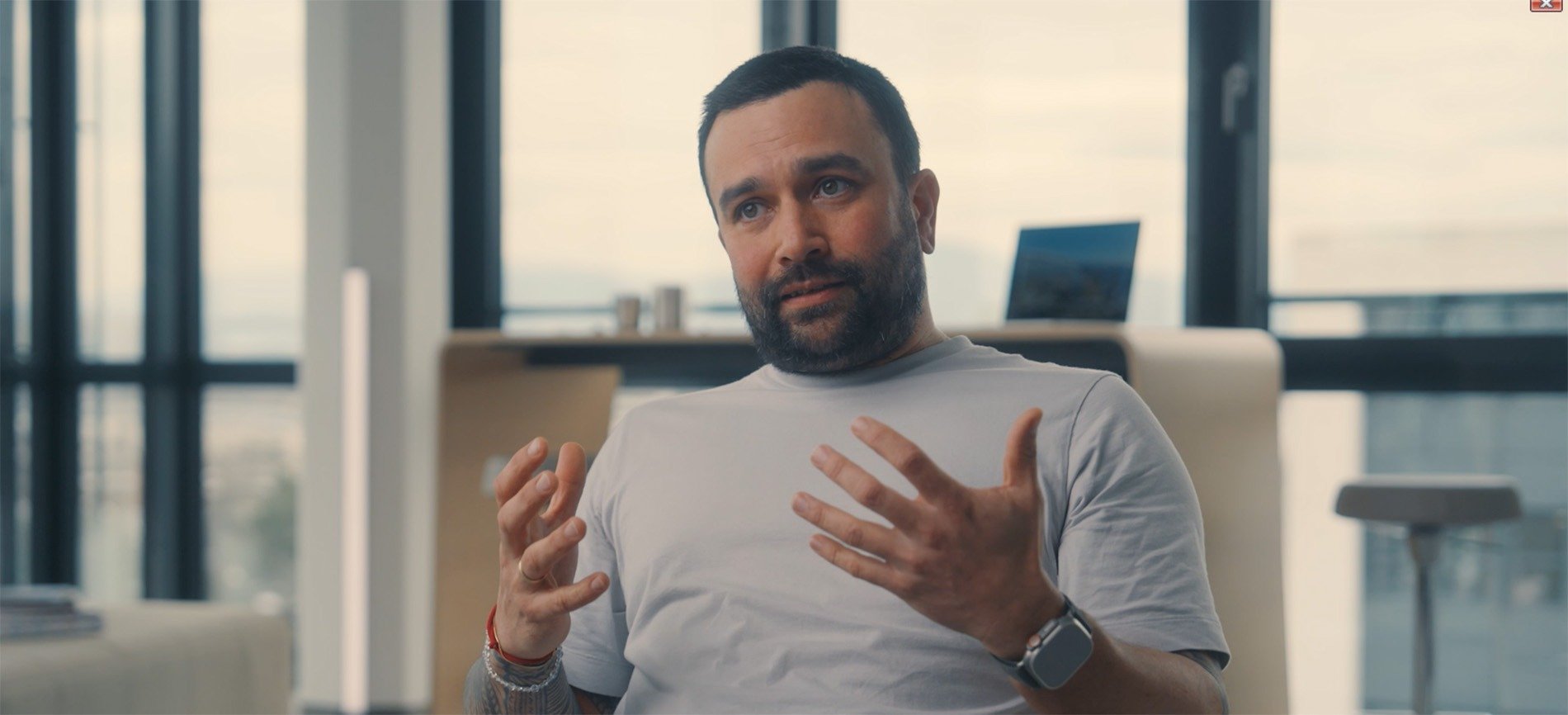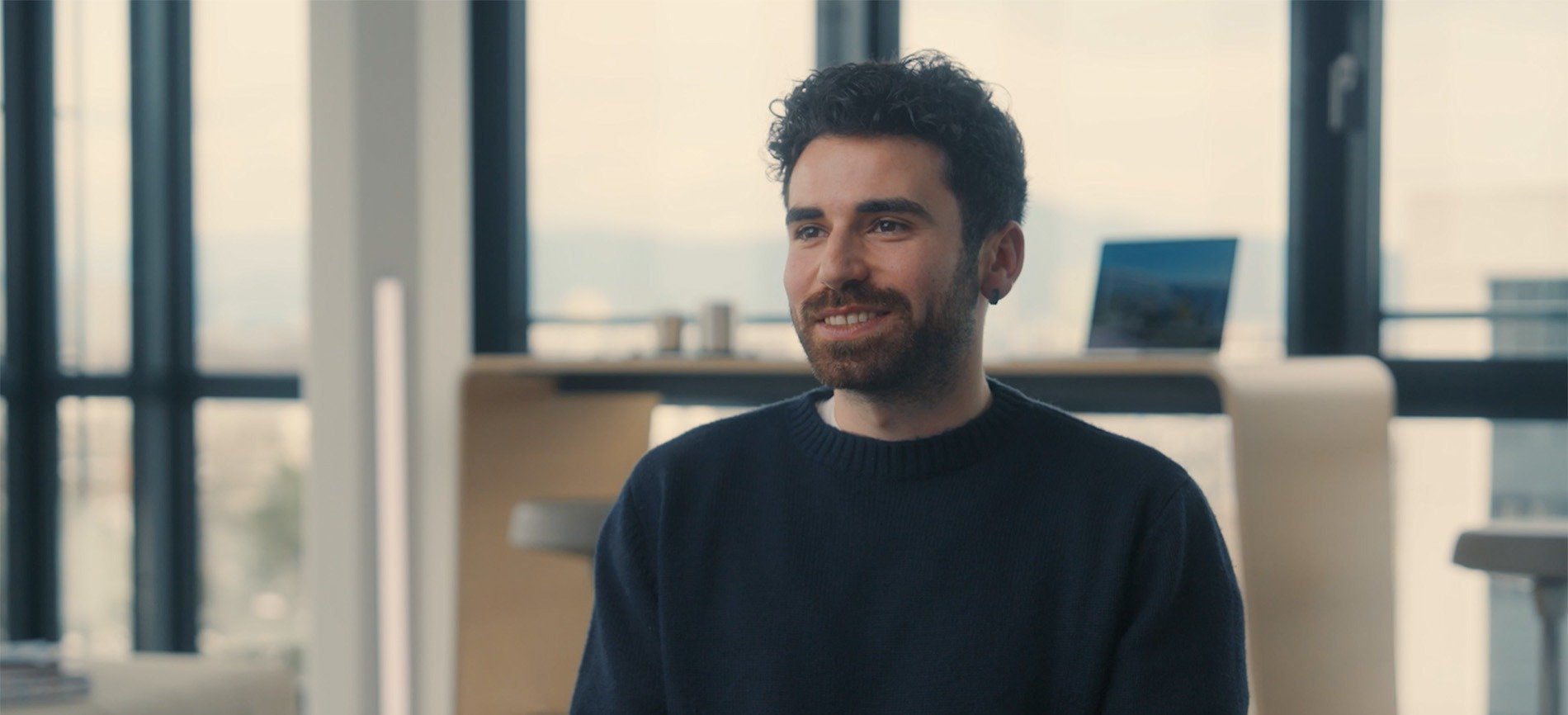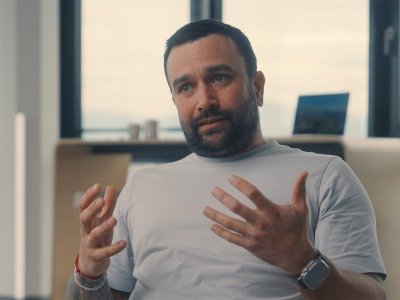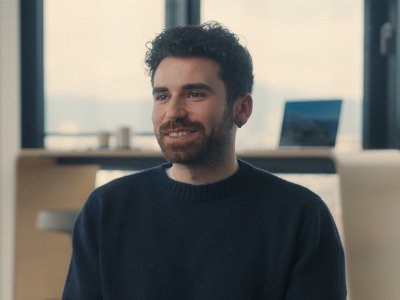Unsere Arbeitswelt ist vielfältig, komplex und in stetiger Veränderung. In der Haufe Group kannst du den Wandel aktiv mitgestalten. Du bist Teil eines innovationsgetriebenen Familienunternehmens, das mit Content, Software und Weiterbildung Menschen unterstützt, selbstbestimmt erfolgreich zu arbeiten. Wir begleiten mehr als 1 Million Kundinnen und Kunden in ihrer nachhaltigen Entwicklung und der Gestaltung von Transformationsprozessen. Hast du Lust, gemeinsam mit uns in die Zukunft zu wachsen? Schau dich um und werde Teil der Haufe Group.

JOBSUCHE

Jobsuche nach Marken.
Ob übergreifend bei der Haufe Group oder bei einer unserer Marken – bei uns findest du vielfältige Möglichkeiten, deine Talente zu entfalten.
Zukunftsfähige Lösungen für Corporate Services.
Haufe verbindet smarte und einzigartige Lösungsangebote mit rechtssicherem Fachwissen und bietet somit HR-Abteilungen, Steuerkanzleien und anderen Corporate Services die perfekte Unterstützung bei ihrer täglichen Arbeit und macht sie startklar für neue Themengebiete.
Entwicklung erleichtern, Zukunft gestalten.
Lebenslanges Lernen ist die Voraussetzung, um Wandel zu gestalten. Die Haufe Akademie ist der führende Anbieter von Weiterbildungslösungen in Deutschland. Mit innovativen Lerntechnologien, einzigartiger Format- und Themenvielfalt bis zur Beratung und Implementierung strategisch ausgerichteter Personal- und Organisationsentwicklung bieten wir das wirkungsvollste Portfolio zur Entwicklung von Menschen und Organisationen an.
Software-Lösungen für effiziente Geschäftsprozesse.
Lexware entwickelt kaufmännische Software-Lösungen für Selbstständige und kleine Unternehmen und ist damit Marktführer in Deutschland. Mit unseren Businesslösungen, Netzwerken und Unternehmenswissen für Buchhaltung, Lohn und Gehalt, Steuern und Finanzen halten wir unseren Kundinnen und Kunden den Rücken frei. So können sie sich auf ihr Business fokussieren.

Unsere Arbeitsbereiche – deine Möglichkeiten.

Wandel gestalten. Arbeiten in der Haufe Group.





Unsere Benefits.
7 Gründe, die für uns sprechen:
Persönliches Onboarding.
Onboarding-App, Welcome Days und -Bag, Campustour, Buddy-Programm.
Wegweisendes Arbeitsmodell.
Hybrides Arbeiten, flexible Arbeitszeiten, flache Hierarchien, hohe Eigenverantwortung.
Lernen & Entwicklung.
Nutzung der Haufe E-Learning-Programme, Lexware Software und E-Books, Teilnahme an Inhouse-Trainings und -Programmen.
Nachhaltige Mobilität.
Jobrad, Mietrad-Station, E-Ladesäulen, Bike-Checks, Zuschuss zum ÖPNV.
Vorsorge.
Attraktives Wertguthabenmodell, betriebliche Altersvorsorge.
Food & Services.
Kaffee und Tee gratis, günstiges und mehrfach ausgezeichnetes Betriebsrestaurant, Packstation auf dem Campus.
Gesundheit & Gemeinschaft.
Gesundheitsportal, Hansefit, Gesundheitschecks, standortübergreifendes Sommerfest, Sport-Events und -Gruppen, Gymnastikraum, Tischkicker, Billard, Tischtennis, Band-Proberaum.

Arbeiten in der Haufe Group. Drei Erfahrungsberichte.
Wo willst du dich einbringen?
Schau dich um, bewirb dich direkt und finde den Job, der genau zu dir passt.
Die Haufe Group in Zahlen.

Unsere Standorte.
Berlin: Unser dickes B für Bildung.
Bielefeld: Software für die Immobilienwirtschaft.
Freiburg: Headquarter und Campus.
Hamburg: Medien & Software für die Immobilienbranche.
Hannover: Steuern smart erklärt.
Leipzig: Co-Working in der Kunst- und Kulturstadt.
München: Marketing, Sales & Publishing.
Neu-Isenburg: Training und Weiterentwicklung.
Stuttgart: Wir können Content.
Würzburg: Skyone has no limits.
Remote
Einfach bewerben. In fünf Schritten zu deinem neuen Job.
Und was sagt kununu?
Wir freuen uns, dass wir auch auf kununu gut bewertet werden und zu den Top 2024 Companys gehören. Überzeuge dich gerne selbst!










